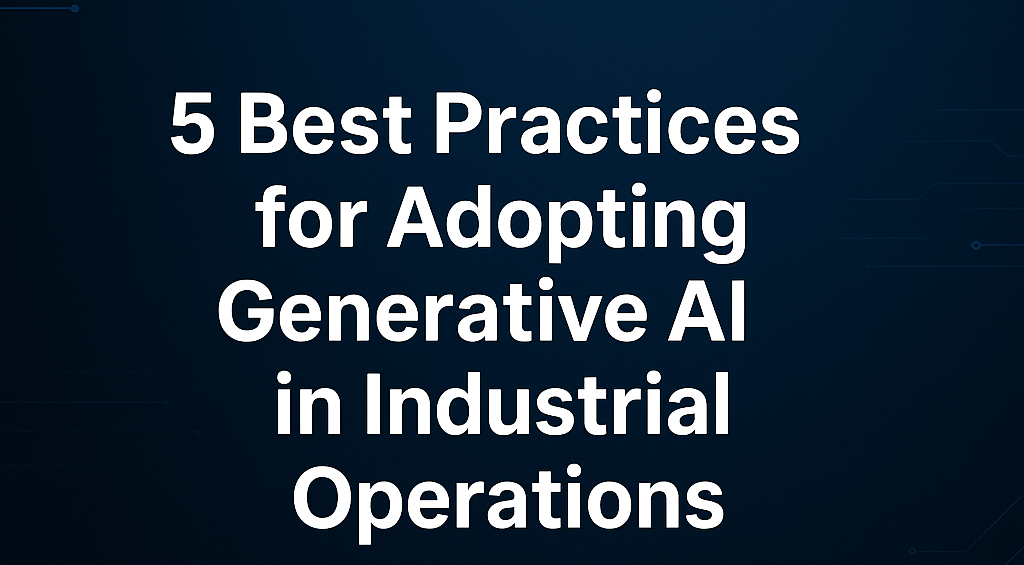
5 Best Practices for Adopting Generative AI in Industrial Operations
Discover five actionable strategies to successfully integrate generative AI into your industrial workflows—from selecting high-impact use cases and embedding domain expertise, to seamless integration, rigorous governance, and fostering an AI-first culture. Learn how to drive rapid ROI, minimize risks, and scale AI adoption across your operations.
USE OF GENERATIVE AI
EXOPS AI
5/20/20252 min read



As generative AI moves from buzzword to boardroom reality, industrial organizations are racing to harness its promise—faster decision-making, predictive insights, and automated know-how. Yet, without a clear strategy, AI pilots can stall, fail to scale, or underdeliver. Here are five proven best practices to ensure your AI initiative drives real operational value:
1. Start with a High-Impact, Narrow Use Case
Why it matters: Tackling a small, well-defined problem lets you demonstrate ROI quickly.
Action steps:
Identify a repetitive, time-consuming task (e.g., compliance checklist validation or shift-handover summaries).
Quantify current baseline metrics (hours spent, error rates, compliance incidents).
Define success criteria (e.g., 50% reduction in prep time, zero audit misses).
2. Build Domain Knowledge into Your Prompts
Why it matters: Generic AI models need context to deliver reliable, actionable guidance.
Action steps:
Collaborate with SMEs to codify standard operating procedures, regulatory rules, and best practices.
Create “system prompts” that preload your AI assistant with those rules (“You are an API-compliant safety auditor…”).
Test edge cases—unusual scenarios or partial data—to ensure the model flags uncertainties.
3. Integrate, Don’t Isolate
Why it matters: Embedding AI into existing workflows maximizes adoption and minimizes friction.
Action steps:
Offer AI outputs in the tools your teams already use: SCADA dashboards, CMMS consoles, Slack/Teams channels.
Automate handoffs: trigger AI-generated reports directly into email or document-management systems.
Provide clear “next-step” instructions rather than standalone answers.
4. Measure, Iterate, and Govern
Why it matters: Continuous improvement and risk management are key to scaling responsible AI.
Action steps:
Instrument usage analytics: track prompts, response quality, user satisfaction, and time saved.
Establish a governance council (IT, operations, compliance, data-science) to review performance, address biases, and approve prompt changes.
Schedule regular fine-tuning cycles—update your system prompts and datasets as regulations or processes evolve.
5. Cultivate an AI-First Culture
Why it matters: The greatest barrier to industrial AI success is people, not technology.
Action steps:
Run hands-on workshops where operators co-create prompt templates and test scenarios.
Share early wins—spotlight how AI coaches cut a week’s worth of approvals down to hours.
Recognize “AI champions” on the floor who evangelize best practices and mentor peers.
Conclusion
Generative AI holds the potential to transform how industrial teams operate—moving from reactive firefighting to proactive optimization. By starting small, embedding domain expertise, integrating seamlessly into workflows, and maintaining rigorous measurement and governance, you can build a sustainable, scale-ready AI foundation that drives measurable cost savings, uptime improvements, and compliance confidence.
Ready to dive deeper? Subscribe to our blog "Bags and Tags" for more case studies, and practical guides on bringing AI into your operations: https://exopsai.io/ai-bags-and-tags
Author: EXOPS AI L.L.C.
Connect with us: info@exopsai.io | +1 (833) 396-7724
Explore our Custom GPT Store: https://exopsai.io/artificial-intelligence-gpt-store

